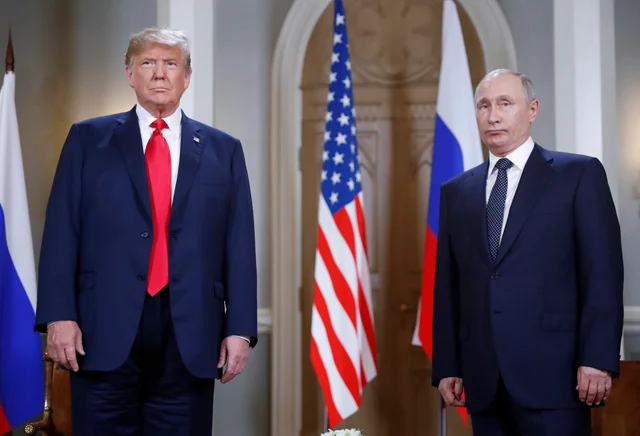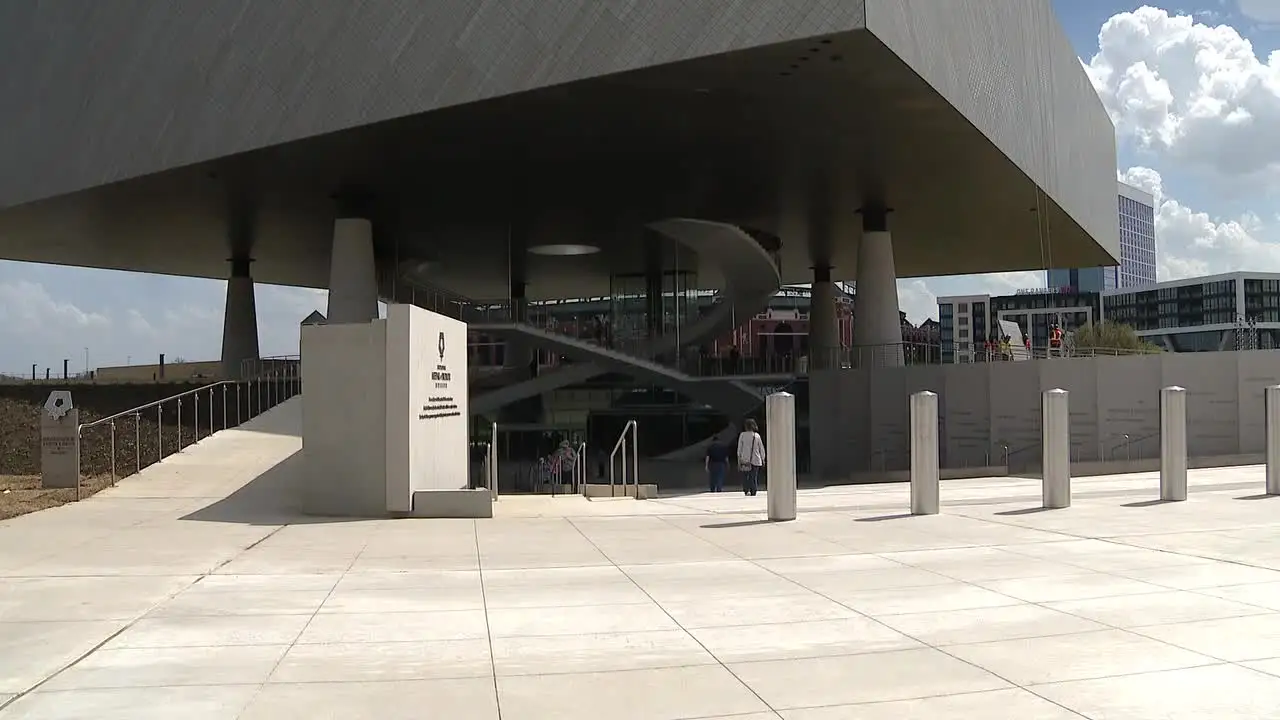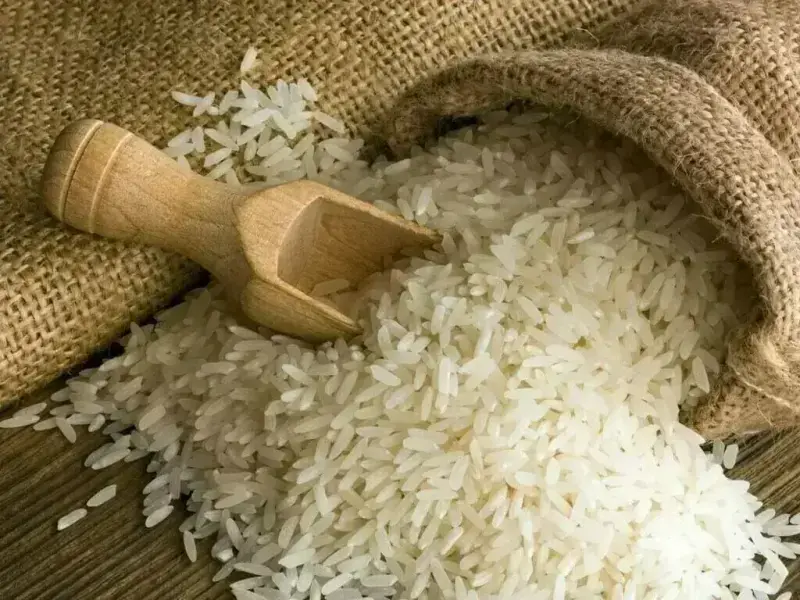Copyright pakobserver

The recent escalation of violence along the Pakistan-Afghanistan border has raised concerns about the Taliban’s ability and willingness to tackle cross-border terrorism. The Doha Agreement, facilitated by Qatar and Turkiye in October 2025, aims to reduce tensions, but its success hinges on the Taliban’s commitment to ending its support for militant groups like the Tehreek-e-Taliban Pakistan (TTP) and the Balochistan Liberation Army (BLA) operating from Afghan soil. The Doha talks took place amid cross-border skirmishes triggered by an alarming surge in terrorist infiltration from Afghanistan into Khyber-Pakhtunkhwa (KP) and Balochistan provinces of Pakistan. According to field and intelligence reports, between June and September 2025 alone, Pakistan recorded a 36% rise in organized infiltration of groups or tashkeels, with nearly 4,000 terrorists crossing into Pakistan. Strikingly, up to 80% of these infiltrators were Afghan nationals—a sharp rise from pre-2021 levels, when terrorist infiltration from the Afghan side was limited to 5–10%. Recent pledges by the Taliban to prevent the use of Afghan soil against other states echo the same assurances made in the 2020 US-Taliban Doha Agreement. Instead of curbing terrorism, Afghanistan has evolved into an operational hub for the terrorist activities of the banned TTP. This institutional complicity stands in direct violation of international counterterrorism commitments and exposes the fragility of the recent Doha accord. As per reported statistics, Afghan nationals have been involved in multiple high-profile attacks across Pakistan on armed forces, law enforcement agencies and civilians in 2025. More than 267 Afghan nationals have been identified by name and address among the terrorists killed in counterterrorism operations this year. The leadership of the banned TTP, including Noor Wali Mehsud, reportedly resides in Kabul under the official patronage of the interim Taliban regime. The General Directorate of Intelligence of Afghanistan is accused of issuing travel permits to TTP terrorists, enabling them to move across checkpoints with arms and ammunition. Over 60 terrorist camps operate freely in Kunar, Nuristan, Nangarhar, Paktika and Khost provinces. Despite mounting provocations, Pakistan has consistently preferred engagement over escalation. Since the Taliban’s takeover of Kabul in 2021, Islamabad has undertaken over 25 formal diplomatic visits, including those led by the foreign minister, defence minister, interior minister and special envoys. However, Pakistan’s patience is not limitless. The Doha understanding provides a narrow window for Kabul to demonstrate compliance by verifiably dismantling the TTP and BLA networks. Islamabad has made it clear that if cross-border terrorism persists, it reserves the right to take “firm and proportionate” defensive action, including precision strikes on terrorist sanctuaries within Afghanistan. The India factor is radiating more hazards after Mullah Muttaqi’s misplaced accusations against Pakistan during his Delhi tour. The Taliban regime can either act as a responsible neighbor; addressing Pakistan’s legitimate security concerns or risk international isolation by continuing terrorist patronization. The choice it makes will determine not only the fate of bilateral relations but also the future stability of South Asia. The international community must hold the Taliban regime accountable for its spoiling actions, with a clear purpose to prevent Afghanistan from becoming a permanent safe haven for terrorist groups. —The writer regularly contributes to the national press.



